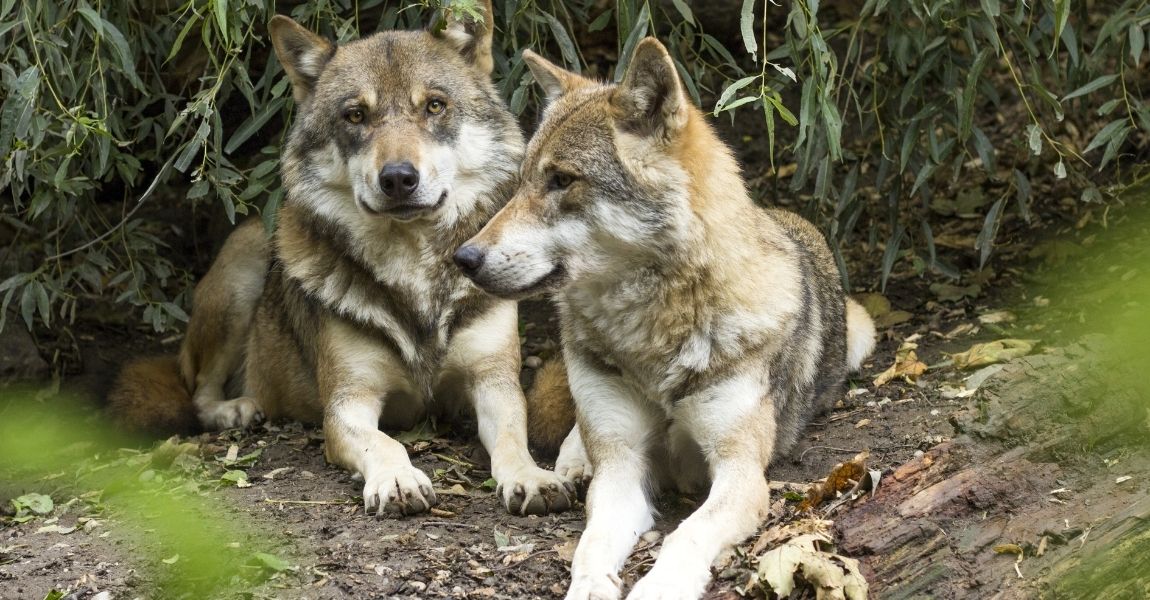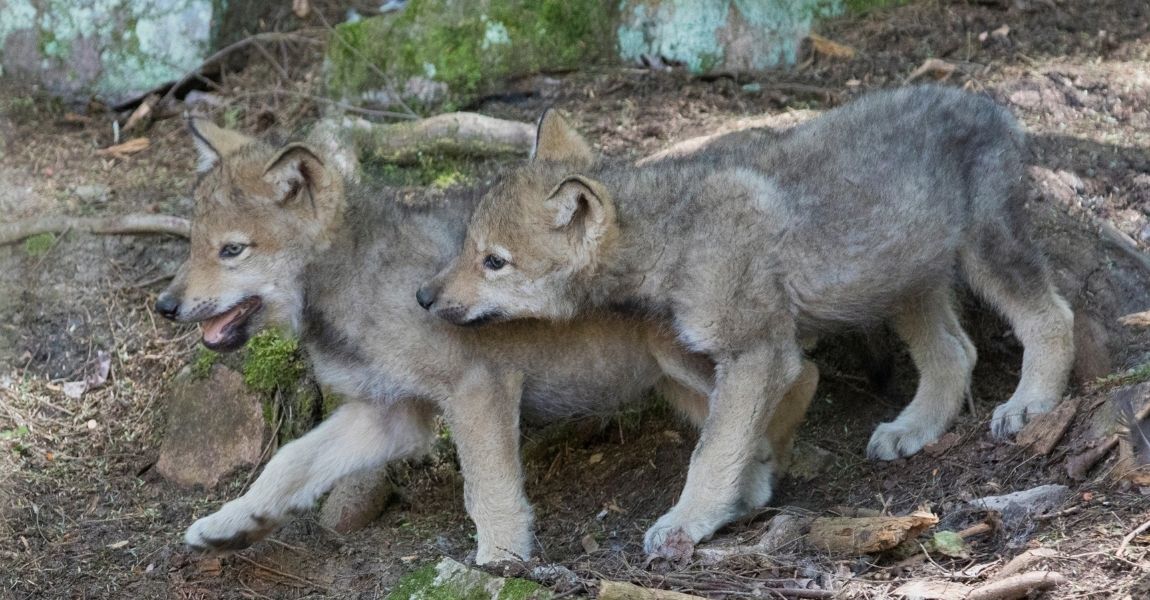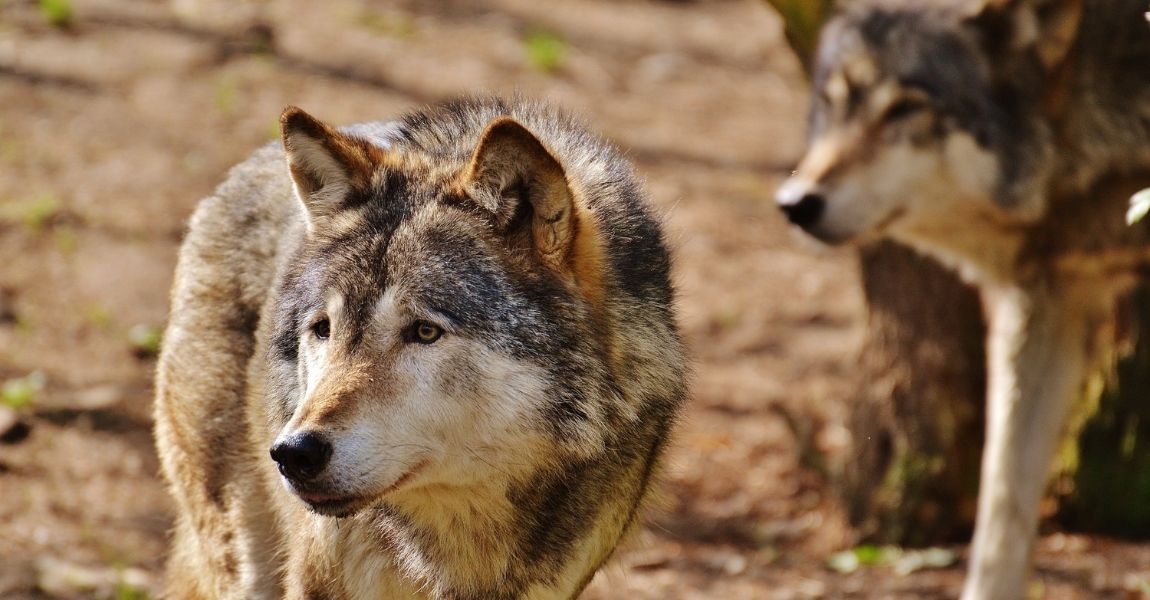Understanding Winter Wolf Syndrome
Winter Wolf Syndrome is a term often used in the world of wolf dogs to describe intense seasonal behaviors that occur as the days grow shorter and the weather turns cold. This phenomenon is driven by a surge in hormones signaling the start of the breeding season, primarily affecting male wolves and high-content wolf dogs. Let's delve deeper into this phenomenon.
What is Winter Wolf Syndrome?
Winter Wolf Syndrome refers to the behavioral changes that occur in wolves and high-content wolf dogs during the breeding season, typically between March and October. This seasonal phenomenon is triggered by a decrease in daylight, which leads to a significant increase in hormone levels.
Male Wolves
For male wolves, the breeding season triggers an annual testosterone surge as their testicles drop in preparation for breeding. This hormonal change can lead to increased aggression and other territorial behaviors.
Female Wolves
Female wolves have a distinct breeding cycle, mating only once a year. The hormones gonadotropins and FSH, responsible for breeding, are prompted by shorter daylight hours. Female wolves may exhibit aggression towards other females who are perceived as competition for mates.
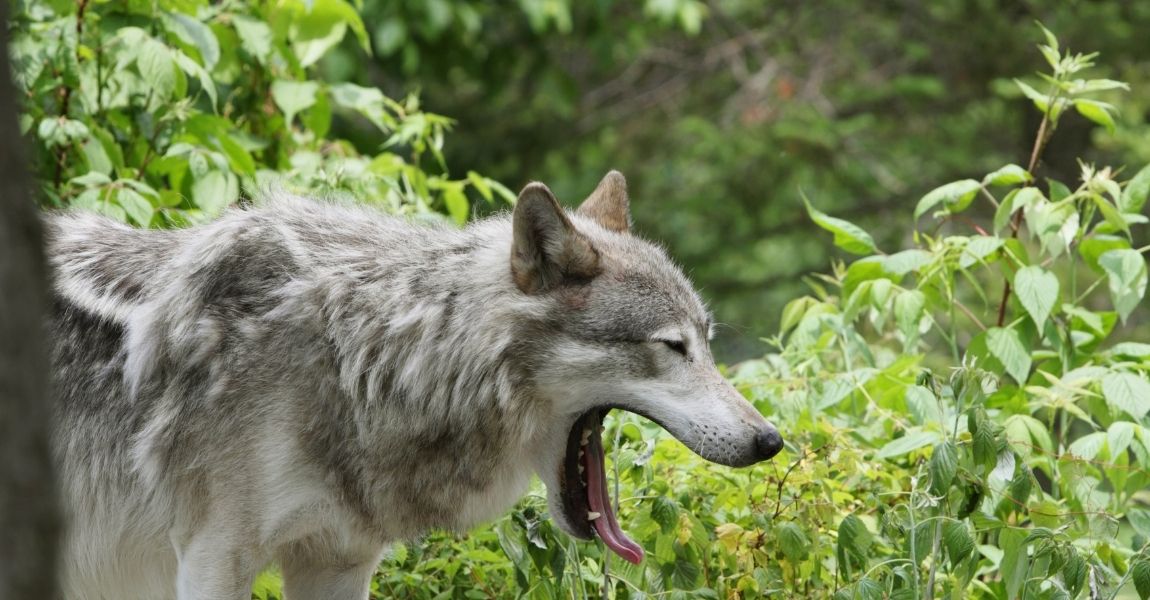
Winter Wolf Syndrome in Wolf Dogs
Winter Wolf Syndrome is particularly prevalent in high-content and some mid-content wolf dogs but does not typically affect low-content wolf dogs. The closer a wolf dog is to its wolf ancestry, the more likely it is to exhibit these behaviors. Common symptoms include increased aggression, grumpiness, possessiveness, and destructiveness.
Behavioral Changes
Owners may notice several behavioral changes in their wolf dogs during this period:
- Avoidance or aloofness when trying to interact.
- Growling or showing teeth when approached.
- Increased defiance and less willingness to obey commands.
- Aggression towards other dogs of the same sex.
- Possessiveness over belongings such as bones, toys, or mates.
Spayed or neutered wolf dogs may exhibit fewer symptoms, although some may still experience mild grumpiness or depression.
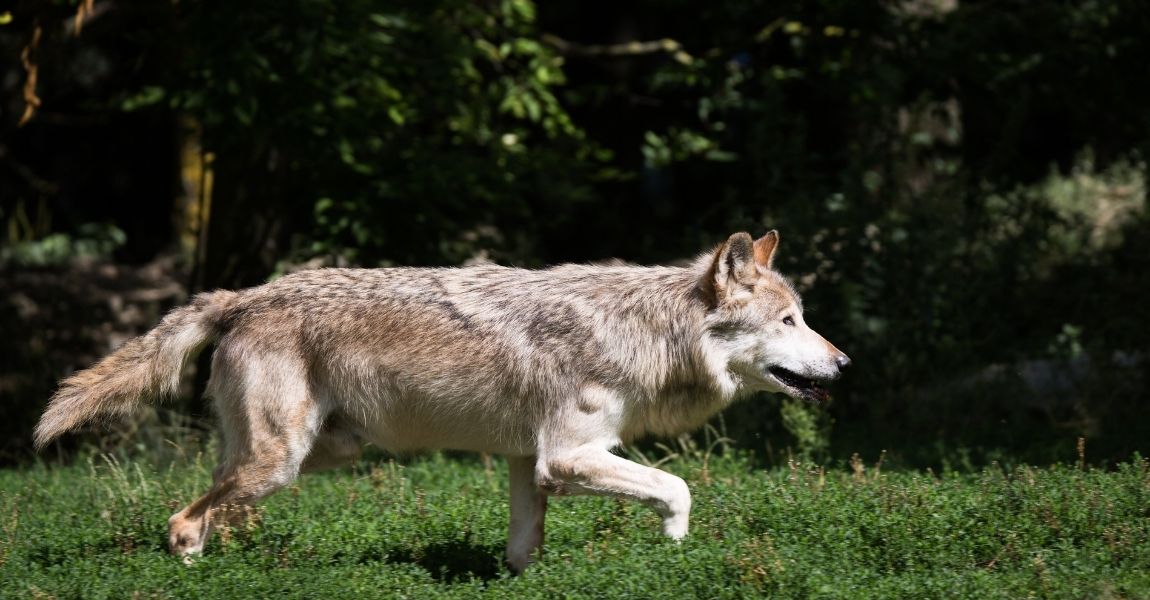
Managing Winter Wolf Syndrome
Recognizing and understanding Winter Wolf Syndrome is crucial for managing it effectively. Owners must acknowledge that these behaviors are completely natural, seasonal, and often peaking during winter months. Here are some strategies to manage Winter Wolf Syndrome:
- Vigilance and Body Language: Pay close attention to your wolf dog's body language and behavior.
- Safe Enclosures: Ensure enclosures are secure and designed to allow for necessary care without direct contact.
- Separate Housing: Avoid housing intact or same-sex individuals together during the breeding season.
- Professional Guidance: Seek advice from professionals experienced in wolf dog behavior and care.
The Role of Spaying and Neutering
Spaying or neutering a wolf dog can help reduce the severity of Winter Wolf Syndrome symptoms by lowering hormone levels. However, it is not a guaranteed solution and may not completely eliminate the behaviors.
Winter Wolf Syndrome is a significant aspect of wolf and wolf dog behavior, driven primarily by hormones. Understanding these behaviors and their natural causes is essential for owners to manage them effectively. By taking proactive measures and seeking professional guidance, owners can ensure the well-being of their wolf dogs while minimizing risks to humans and other animals.
Remember, owning a wolf dog comes with unique responsibilities, and Winter Wolf Syndrome is part of the reality of this special bond. With knowledge and preparation, you can navigate these seasonal changes and maintain a harmonious relationship with your wolf dog.

